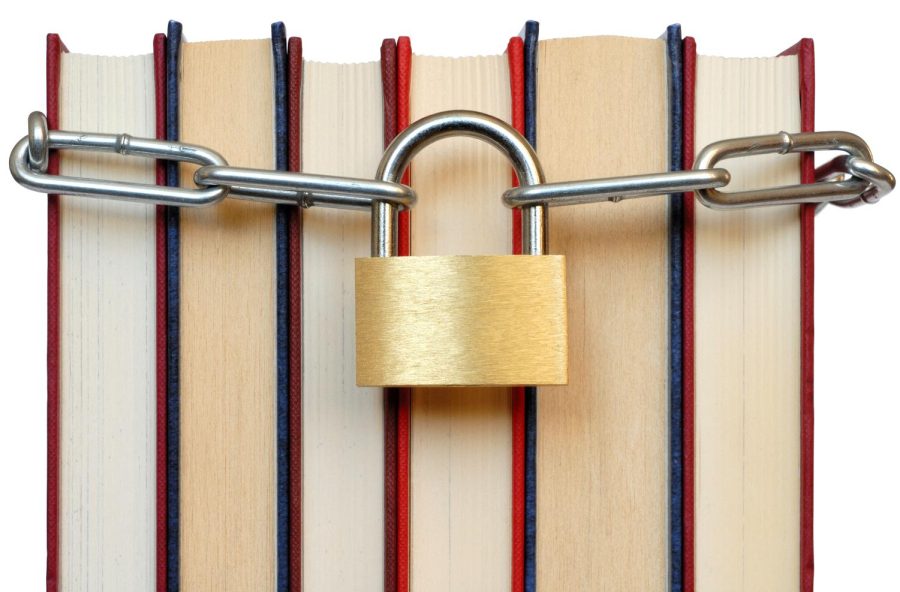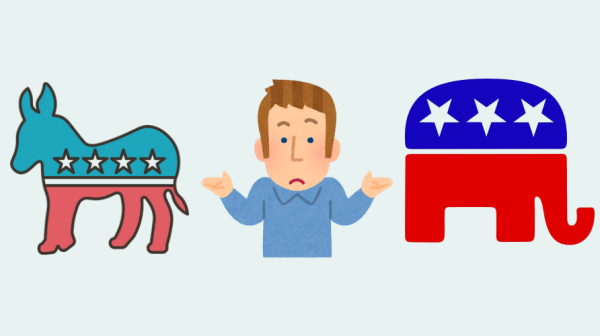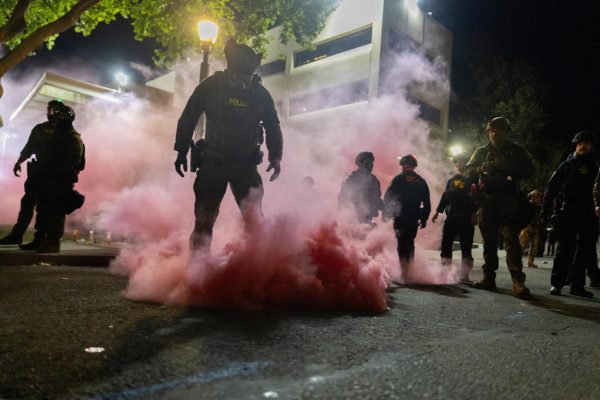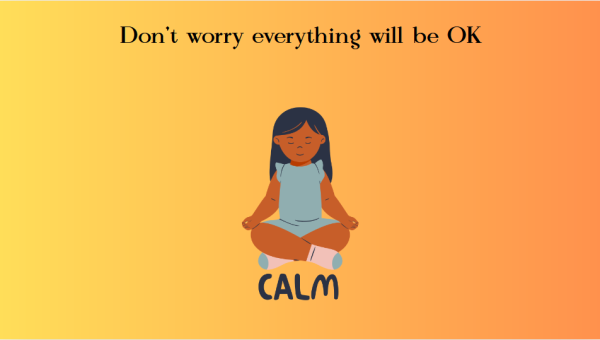Why banning books is so dangerous
Getty Images
According to a study by PEN America, 1,648 separate book titles were banned in schools across the United States.
Over the past few years, the debates over banning books in American education have increased, but the actual act of book banning has a long and ugly history in our nation.
A recent study by PEN America has found that between July 2021 and June of this year, 1,648 book titles were banned in schools across the United States.
Perhaps the most infamous cases of banned books can be dated back to the Civil War. As more and more abolitionists published pieces in the mid-1800s speaking out against the horrors of slavery, like Harriet Beecher Stowe’s ”Uncle Tom’s Cabin,” many Southern states banned the books with abolitionist ideologies.
Similarly, book banning surged during the Jim Crow era in an effort to prevent integration. It seems that more often than not, banning books correlates directly with either attempts to maintain systemic discrimination or decrease public understanding of that discrimination’s existence.
Thankfully, book banning does not occur at NIU due to the American Library Association’s Library Bill of Rights, the ALA’s adopted code of conduct which affirms “Materials should not be excluded because of the origin, background, or views of those contributing to their creation.”
In fact, Nora Jimenez, a senior library specialist, has recently installed an exhibit in the Founders Memorial Library celebrating targeted literature.
One of the most prominent arguments book-banners rely on today is the claim of “overt sexuality” in texts and the need to protect children from such “atrocities.”
However, PEN America’s study seems to shed a light on just what kind of “sexuality” these groups are so fearful of.
Of the 1,648 titles earlier mentioned, 41% contained LGBTQ+ themes or leading characters of the LGBTQ+ community. The homophobic roots of such bans seem to be clearly evident when we consider the ambivalence toward heterosexual content.
If the concern was really about exposing children to sexual themes, we would have seen far more attacks on films such as “Who Framed Roger Rabbit,” or on the common labeling of baby girls as “future heartbreakers” and baby boys as “mini womanizers.”
Book banning also has relation to the moral panic over teaching Critical Race Theory. The theory acknowledges that racism within America not only exists at an individual level, but at a systemic one within government, economic and political policies.
Resistance to teaching Critical Race Theory can be found among white and conservative groups (such as No Left Turn in Education), the same groups striving to ban books. In fact, many of the arguments presented by conservative groups seem disturbingly similar to arguments by groups like All Lives Matter.
It is unsurprising that PEN America also found 40% of the 1,648 titles contained leading characters of color and 21% dealt with issues of race or racism.
DeeAnna Phares, a librarian at NIU, connected this issue to today’s spread or “democratization of information.”
“People … get uncomfortable with having that much information, and so some people want to curtail that … and I think that’s unfortunate,” Phares said. “As a librarian, I want people to have access to information and for them to assess it and critique it.”
The spread and discussion of information is how humanity learns.
The uncomfort which is fueling these bans is not something our society can afford. These efforts to ban books seem little more than attempts by the privileged to curtail the attention that is currently and rightfully directed towards oppressed communities.
“Limiting access to these books denies students the opportunity to learn new points of view, to find answers to pressing questions and to obtain crucial information that allows them to build personal opinions and identities,” Jimenez said via email.
If our future brings progress, is it not important that our children understand the obstacles other people face? Children should be curious about sexuality and race because it is necessary for them to be curious about humanity.
As a society we expect the youth to love and we expect them to tell the truth. Therefore, we too must walk the walk, no matter how uncomfortable some find the process to be.









